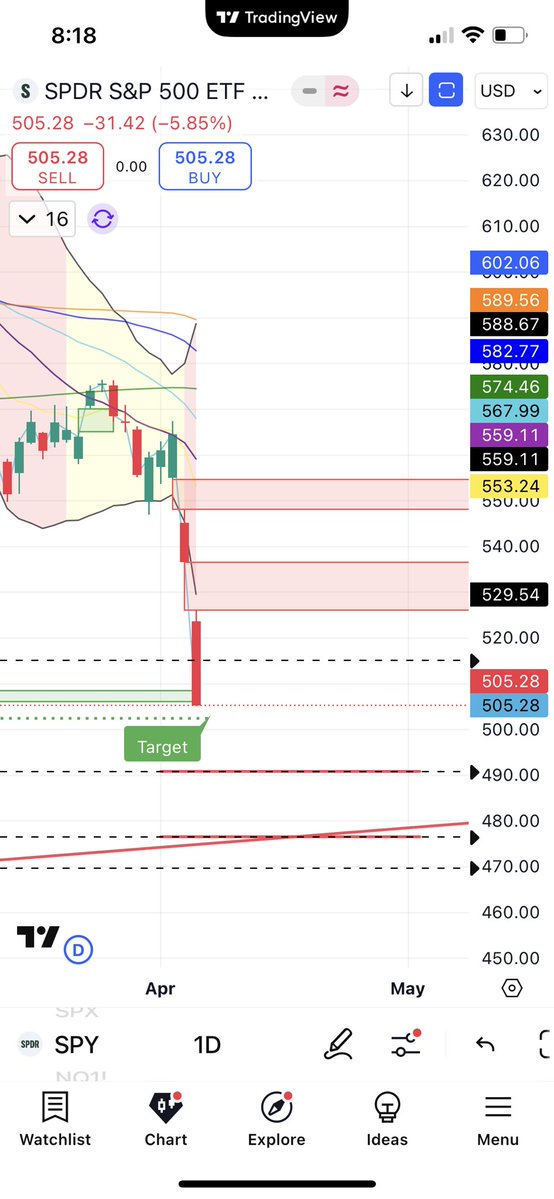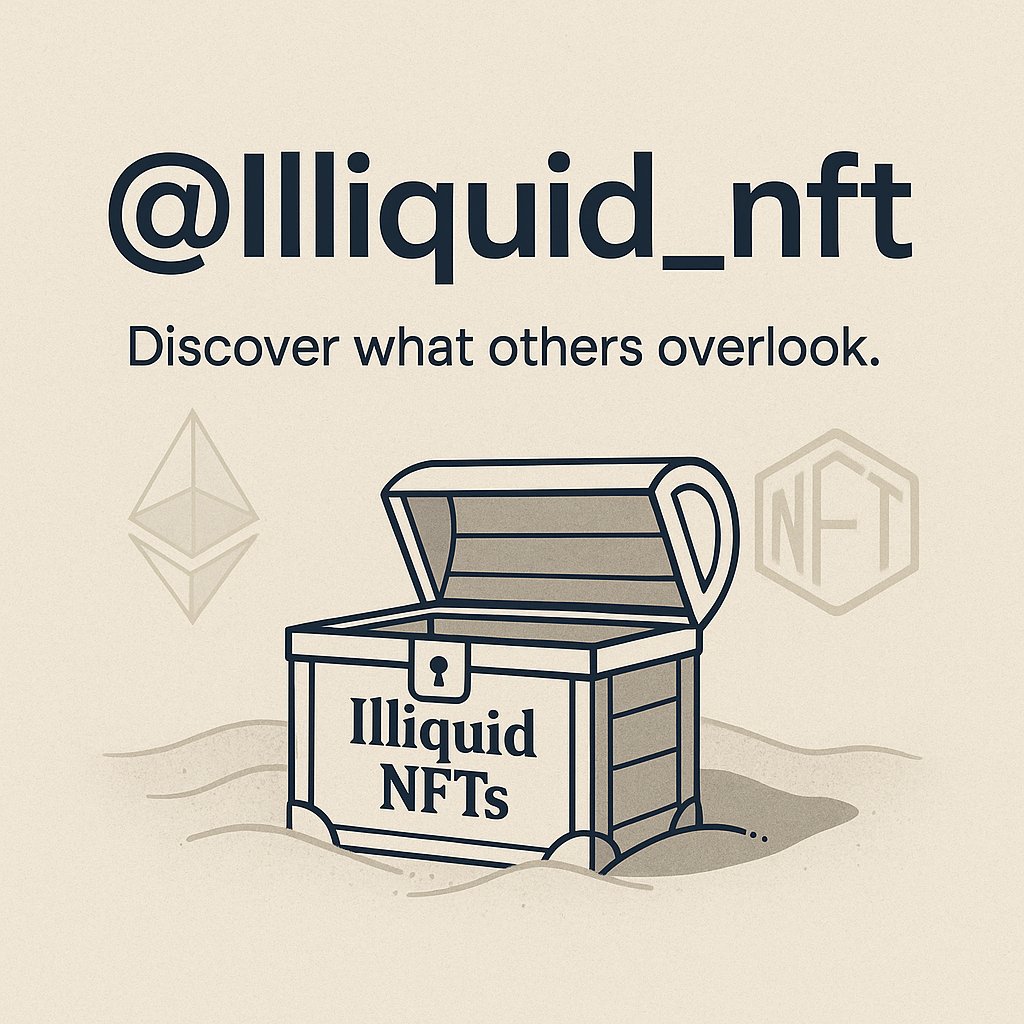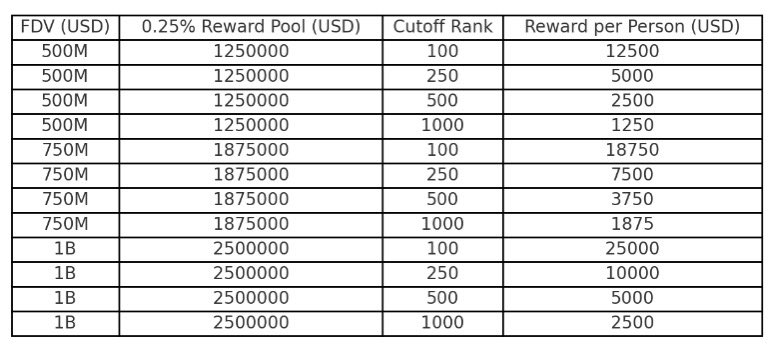The Emotional Rollercoaster of Stock Market Investing
The Illusion of Control
The Art of Technical Analysis
Investing in the stock market often feels like a game of chess, where every move is calculated and every piece has a strategic purpose. Many investors rely on technical analysis to guide their decisions. This method involves scrutinizing past market data, particularly price and volume, to forecast future price movements. Tools like moving averages, trend lines, and support and resistance levels are staples in this approach. For instance, an investor might identify a long-term trend line support level at a specific price, such as 475, and decide to buy if the stock reaches that level. This method provides a sense of control and predictability, but it’s not infallible. Markets are influenced by a myriad of factors, many of which are unpredictable, setting the stage for the emotional rollercoaster that comes with investing.
The Market’s Indifference
The stock market is an enigmatic entity that doesn’t conform to human expectations or emotions. It operates based on a complex interplay of economic indicators, geopolitical events, investor sentiment, and even seemingly trivial factors like the weather. This indifference can be both frustrating and liberating. It forces investors to confront the reality that their meticulously drawn lines and carefully crafted strategies are just one piece of the puzzle. Understanding this indifference is crucial for navigating the emotional highs and lows of investing.
The Emotional Impact
The Thrill of the Chase
Investing can be an exhilarating experience. The thrill of spotting a potential opportunity, the excitement of executing a trade, and the satisfaction of seeing a profit are all part of the appeal. These moments of triumph can make the heart race and the mind buzz with adrenaline. However, the market’s unpredictability means that these highs are often followed by lows, creating a rollercoaster of emotions that can be both thrilling and terrifying.
The Agony of Defeat
When the market moves against you, it can be devastating. The sense of loss is not just financial but also emotional. You might question your analysis, your strategy, and even your sanity. This is where many investors make their biggest mistakes—letting their emotions dictate their actions rather than sticking to a disciplined approach. The agony of defeat can be overwhelming, but it’s also an opportunity to learn and grow.
Coping with the Rollercoaster
Acceptance
The first step in coping with the emotional rollercoaster of investing is acceptance. You must accept that the market is unpredictable and that losses are a part of the game. This doesn’t mean you should be reckless but rather that you should be prepared for the inevitable ups and downs. Acceptance allows you to approach investing with a clearer mind and a more resilient spirit.
Discipline
Discipline is key in investing. This means sticking to your strategy, even when the market is against you. It means not letting your emotions dictate your actions. It means being patient and waiting for the right opportunities. Discipline helps you stay focused on your long-term goals and prevents you from making impulsive decisions that can lead to significant losses.
Diversification
Diversification is another important strategy. By spreading your investments across different sectors, industries, and asset classes, you can reduce your risk. This doesn’t mean you’ll avoid losses altogether, but it can help smooth out the rollercoaster ride. Diversification ensures that you’re not overly exposed to any single market fluctuation, providing a more stable investment portfolio.
Conclusion: The Market’s Indifference is Your Opportunity
The stock market’s indifference is a double-edged sword. On one hand, it can be frustrating and even painful. But on the other hand, it presents opportunities. By understanding and accepting this indifference, by maintaining discipline and diversification, you can turn the emotional rollercoaster of investing into a rewarding journey. The market doesn’t care about your feelings or the lines you scribble. But that’s okay. Because in the end, it’s your actions, not your feelings, that determine your success. So, keep analyzing, keep learning, and most importantly, keep investing. The market might not care, but you should. Because your future self will thank you.





